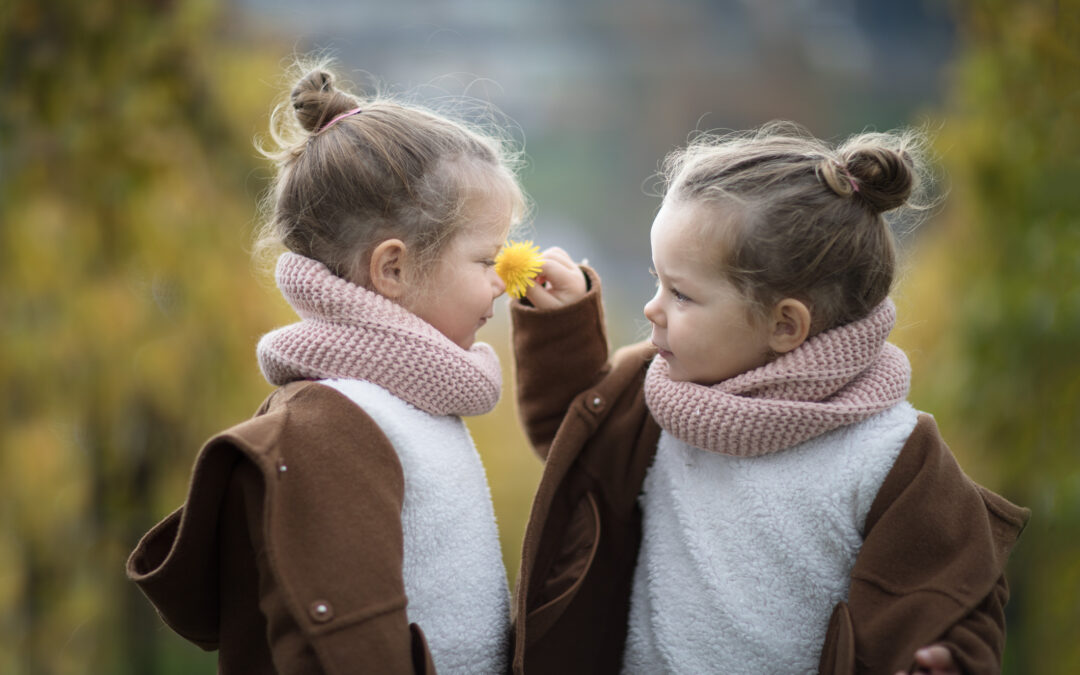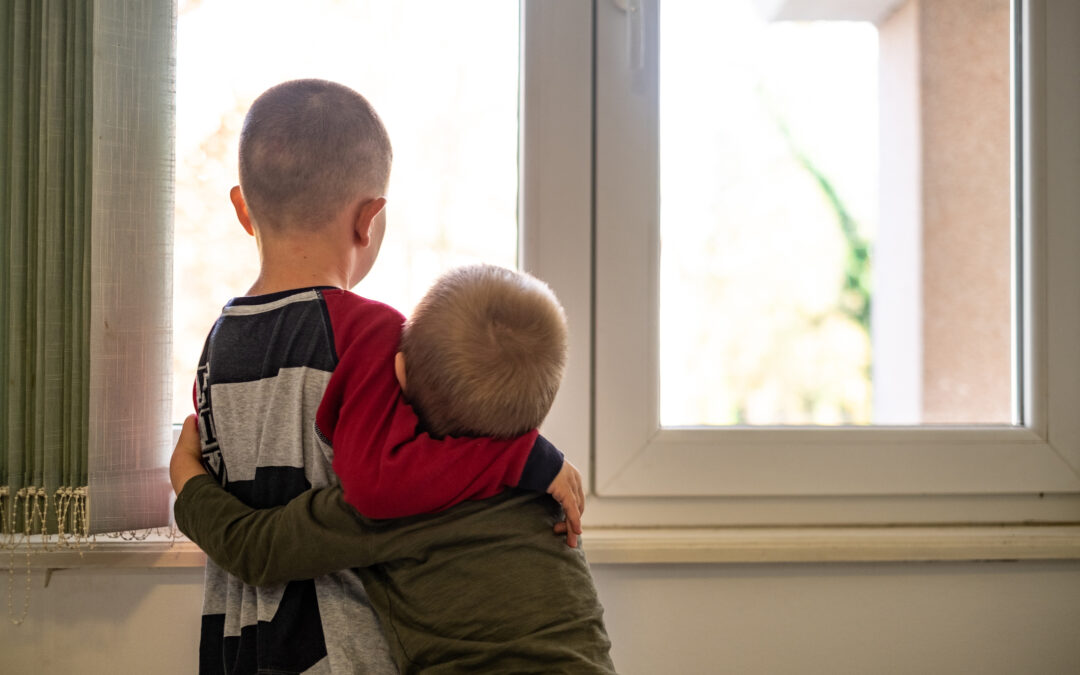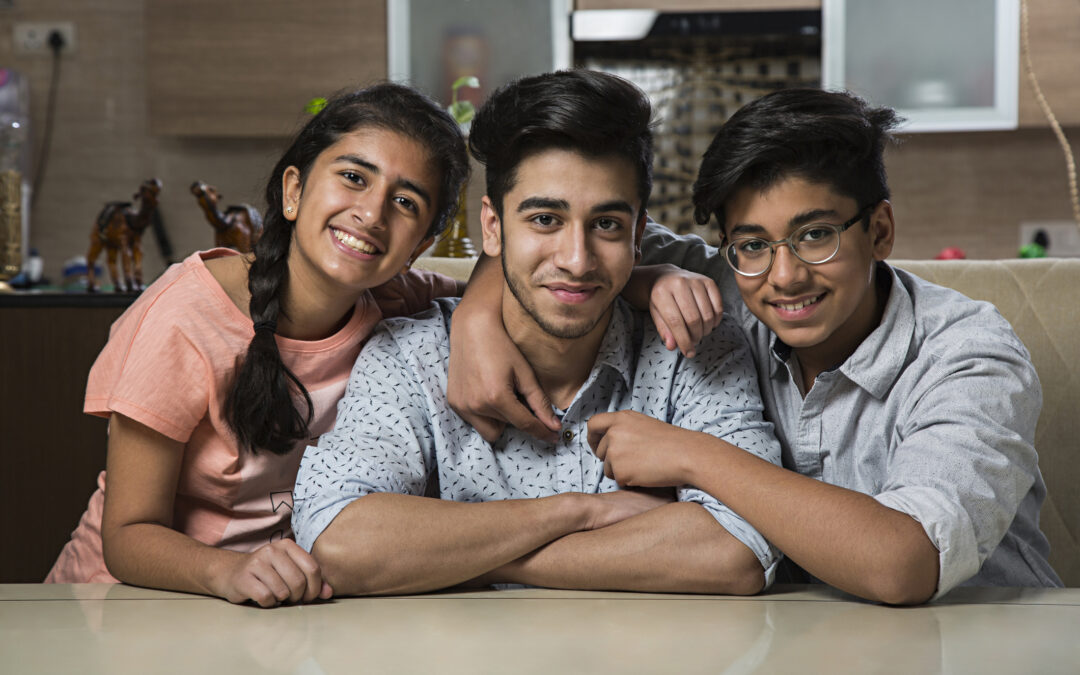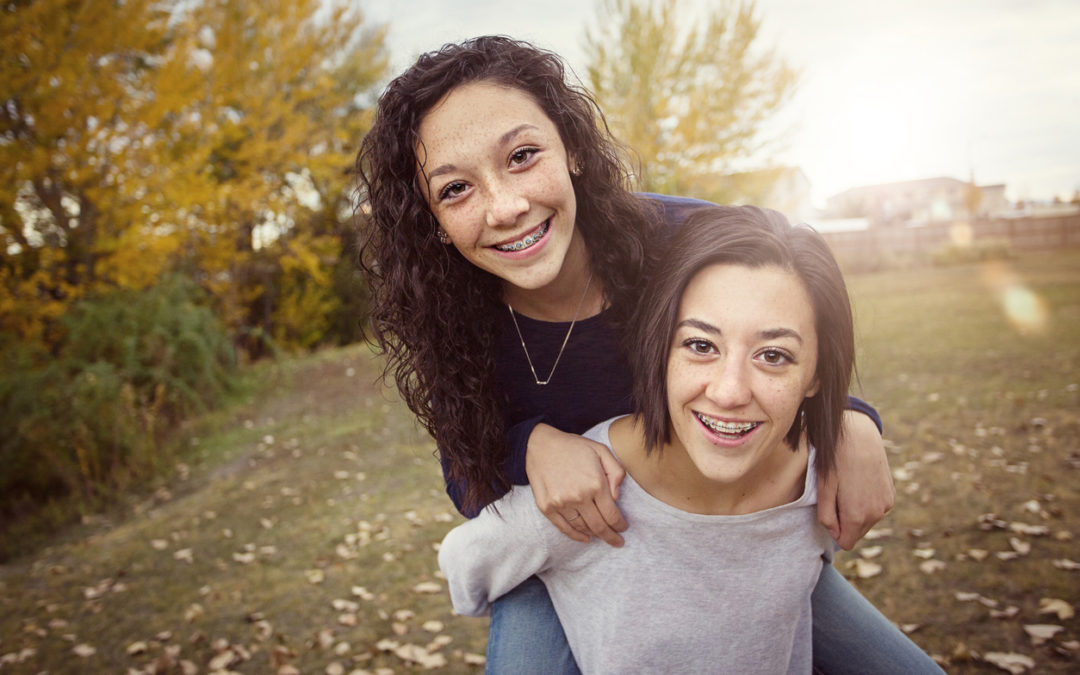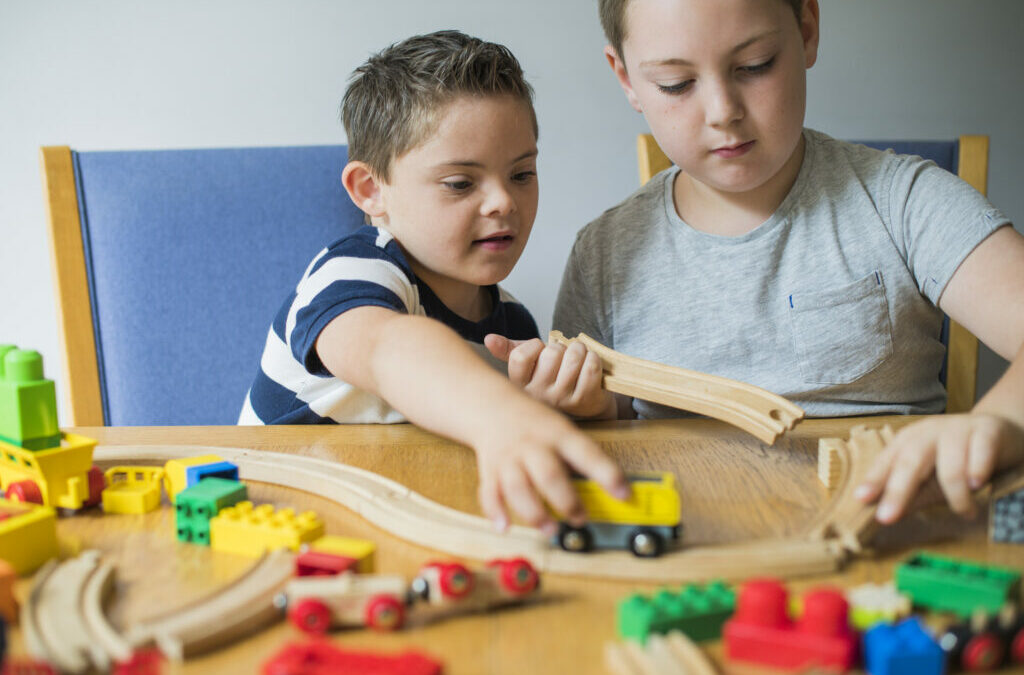
Free Webinars – Registration Now Open
Want to know the latest on siblings rights? What’s happening in practice and policy? Then check out our series of free webinars running next month! There’s three virtual sessions running and delegates can register now.
The first ‘Brothers and sisters – our rights to be together, be heard and participate’ is on Monday 4 October at 4.30pm.
Join solicitors from Clan Childlaw and Care Experienced members of Who Cares? Scotland’s National Representative Body, to dive into the new legal rights for siblings in care.
We welcome anyone to come along who is interested to learn more, particularly people with care experience, carers, families and practitioners. This will be a participatory workshop, with opportunities to share your views on these new rights and think about them in practice. There are limited spaces, however the session’s presentations will be recorded to access afterwards.
Find out more and sign up here.
The second session ‘Research into Practice’ will take place on Wednesday 6 October from 12.30-2pm.
Learn about how research on estrangement of children in care from their brothers and sisters is influencing practice change in Children’s Hearings and a local authority. This webinar is for all those involved in the Children’s Hearings System and care system. It gives an opportunity to reflect on your practice and exchange ideas with others working to support children’s relationships with their brothers and sisters.
Find about what the research said about the estrangement of children in care and permanence from their brothers and sisters, and why this needed to change. Speakers from Children’s Hearings Scotland will present a pilot on best practice in Hearings on brothers and sisters, and discuss the challenges they’ve experienced implementing the new laws in Hearings. And The Promise Lead in West Lothian Council will discuss how this local authority is working to meet The Promise for brothers and sisters in care. There will time for questions and exchanging experiences and ideas with the speakers and other participants.
Find out more and sign up here.
The third and final webinar ‘Implementing Policy and Practice Change’ will take place at 12.30pm-2.30pm on Friday 8 October.
This webinar will chart the policy and legislative changes in Scotland for brothers and sisters in the care system, and explore how the work of SUFS partnership contributed to realising these changes over the past 4 years. We will explore the challenges and enablers to implementing practice change on the ground, from the perspectives of local authority practitioners, Social Work Scotland, and the Care Inspectorate. There will be a panel Q&A offering opportunities to learn, share, debate and discuss practice and policy issues.
The webinar is particularly aimed at social work practitioners in children and families and family based care teams, and their managers, but may also be of interest and accessible to a wide range of stakeholders, policy makers, panel members, parents/carers and care experienced people.
Speakers include Kate Richardson from Scotland’s Adoption Register, Lizzie Morton from Celcis, Mary Morris and Fiona Sheils from the Care Inspectorate and Janine Fraser from Glasgow City Council.
Find out more and sign up here.
